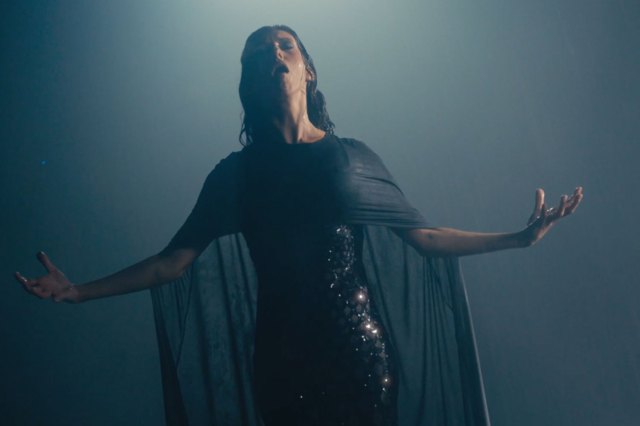Guest Blog: Reflecting on 100 years of the Critics’ Circle

“I wish I were anything rather than an actor”, wrote the 19th century actor William Macready, “except a critic: let me be unhappy rather than vile”.
The relationship between the reviewer and the reviewed has always been, at best, tetchy, and the memoirs of artists and writers are peppered with loathing. “If I’d have listened to the critics,” Chekhov observed, “I’d have died drunk in the gutter”.
This duelling has gone on down the centuries without benefit of referee. Responses from artists to adverse reviews was always more vituperative than critics’ appraisals, and with most critics being freelance and working to contract, then as now, they seldom have an editor who can intervene on their behalf.
So on 11 April 100 years ago The Critics’ Circle was created to give them a status when they had to deal with those they wished to review. Membership was, and is, by invitation so that it could be seen to represent an elite. It was inaugurated at the Institute of Journalists in Tudor Street off Fleet Street, with the drama critic William Archer (who, as it happened, was also a playwright who championed the work of Ibsen, whose work he translated for the British stage, and led the battle against censorship after the banning of Granville Barker’s Waste in 1907).
The members, and there were 80 after a year, 440 today, were principally theatre critics, but music critics were welcome from the outset, as were, for a while, food critics (the first was a Lieutenant Colonel Newnham Davies, ex-The Buffs). Women were invited to join in 1916, to the single objection of Col Davies and two years before they had the vote. Art critics were asked to join in 1919, but it was almost 80 years before they formed their own section (of which there are now five, for drama, dance, music, film and visual art and architecture).
The Circle insisted – and still does – on professional propriety, deviation from which caused one of its more resounding internal upheavals. In 1942 James Agate, the Sunday Times drama critic and one of the few reviewers to achieve celebrity status in his own right, wrote a review of L’Enfant Prodigue starring the 18-year-old Alan Badel at the Mercury in Notting Hill, without actually having seen it. The theatre manager complained to the editor who took no action, but the Circle deplored it. Agate, a member since 1923 and president in 1938, promptly resigned: “I decline further association with a Circle sound in its principles but perversely and persistently wrong headed in its application of them”. It transpired that he had also not paid his subs for the previous year.
The relationship can sometimes develop into open warfare, as when the Daily Telegraph‘s Charles Spencer fell foul of Judi Dench after his review of her in Madame du Sade in 2009 in which she described her as appearing in “formidable old boot mode. Frankly, this imperious turn is becoming a bit of a bore…” Dame Judi replied: “I’ve always rather admired you but now realise you’re an absolute shit”.
Steven Berkoff even confronted the Evening Standard‘s Nicholas de Jongh in a pub after an unflattering review and threatened to kill him, a threat he dismissed as a joke but which De Jongh certainly took seriously. In 1966 John Osborne wrote to The Times‘ Benedict Nightingale to inform him of the formation of the British Playwrights’ Mafia, and telling him “Safer for your health to stay clear of downtown Chichester”.
But then, there is something of the night about critics. “Has anybody ever seen a drama critic in daytime?” PG Wodehouse mused. “Of course not. They come out after dark, up to no good”.












